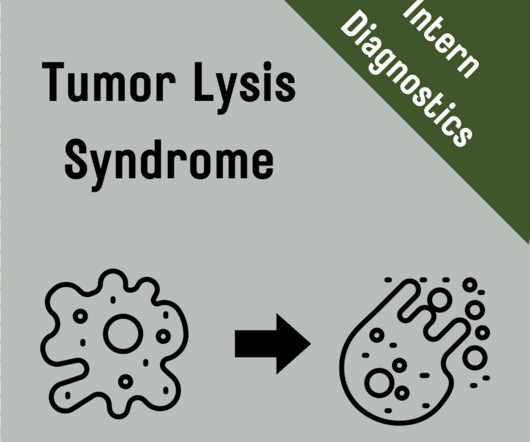Haemolytic Uraemic Syndrome
Don't Forget the Bubbles
MARCH 18, 2024
She appears pale and dehydrated , and her level of alertness fluctuates. She receives fluid resuscitation, and you organise some tests to find out why she is so tired. Pay specific attention to fluid status, looking for evidence of dehydration. 2014 [Cited June 2020]; 7: 231-239. Oct 30 2019. Ped Neprhrol.













Let's personalize your content